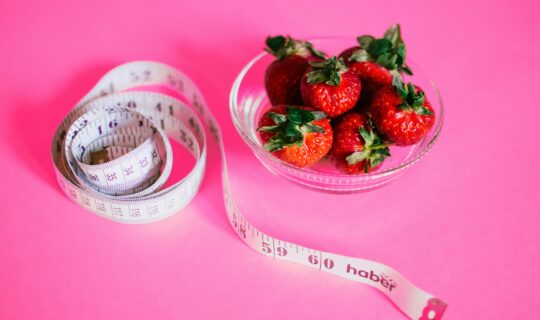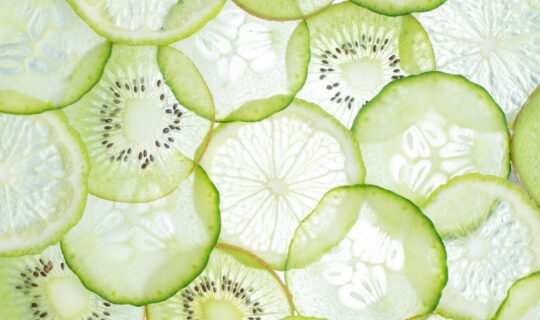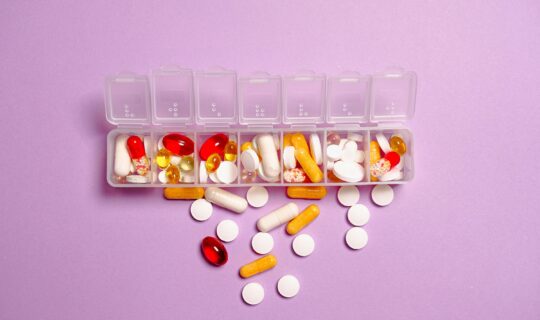If you’ve ever typed “how can I lose weight?” or “best diet to lose weight” into a search engine, you’ve likely come across countless answers—some helpful, some downright confusing or wrong. As a qualified nutritionist, I want to help cut through the noise by addressing common food and weight loss myths that may be holding…
What Not to Eat with Diabetes?
by Lucia Stansbie
Diabetes management is one of the key areas of my practice, and I see many clients who are pre-diabetic and diabetic. While managing blood sugar levels is crucial for overall health, diet plays a fundamental role in this. While many people focus on what they should be eating, it’s just as important to understand what foods can be harmful or disruptive to blood glucose control.
In this article, I’ll highlight some of the main food groups and specific items that I advise my clients with diabetes to limit or avoid, along with healthier alternatives to support stable blood sugar levels.
- Sugary Foods and Beverages
One of the most obvious culprits in blood sugar spikes is sugar itself. Many processed and packaged foods contain high amounts of refined sugar (check out not only for sugar, but also hugh fructose corn syrup, sucrose, fructose, evaporated cane juice, and more!) which can lead to rapid glucose fluctuations.
What to Avoid:
- Sugary soft drinks and energy drinks
- Fruit juices and flavoured waters, especially from concentrate
- Sweets, candy, and chocolate
- Pastries, cakes, and cookies
- Breakfast cereals with added sugar
Why?
These foods contain simple carbohydrates that cause blood sugar to rise quickly, leading to energy crashes and increased insulin demand.
Better Choices:
- Water, herbal teas, or sparkling water with a squeeze of fresh lemon
- Whole fruits instead of fruit juices (as they contain fibre which slows sugar absorption)
- Dark chocolate (70% cocoa or higher) in small amounts
- Homemade oat-based snacks with no added sugar
- Refined Carbohydrates
Carbohydrates are essential, but the type of carbohydrate matters. Refined carbs have been stripped of their natural fibre, leading to quick digestion and rapid glucose spikes.
What to Avoid:
- White bread, white rice, and white pasta
- Processed breakfast cereals
- Crackers and bagels made from refined flour
- Instant noodles and processed grain products
Why?
Refined grains lack fibre, which means they break down quickly into glucose, leading to blood sugar surges.
Better Choices:
- Whole grains such as quinoa, brown rice, and whole wheat bread
- Jumbo oats instead of breakfast cereal
- Whole grain pasta, rice and bread
- High-Fat Processed and Fried Foods
Unhealthy fats, particularly trans fats and excessive saturated fats, can contribute to insulin resistance and inflammation.
What to Avoid:
- Deep-fried foods (e.g., fries, fried chicken, battered fish)
- Packaged snacks with hydrogenated oils (e.g., crisps, biscuits, microwave popcorn)
- Processed meats (e.g., sausages, bacon, hot dogs)
Why?
These foods not only contribute to insulin resistance but also increase the risk of heart disease, which people with diabetes are already at higher risk for.
Better Choices:
- Air-fried or oven-baked versions of your favourite foods
- Healthy fats from sources like avocado, nuts, seeds, oily fish (salmon, anchovies, herrings, mackerel and sardines) and olive oil
- Lean proteins such as fish, poultry, and plant-based options
- Highly Processed and Packaged Foods
Many processed foods contain hidden sugars, unhealthy fats, and artificial ingredients that can negatively impact blood sugar control.
What to Avoid:
- Ready meals and frozen dinners
- Flavoured yogurts with added sugar
- Instant soups and noodle cups
- Commercial salad dressings and sauces
Why?
These foods often have a high glycaemic load and contain preservatives that can contribute to inflammation and metabolic imbalance.
Better Choices:
- Homemade meals using fresh, whole ingredients
- Natural yogurt with added fresh fruit and nuts for flavour
- Dressings made with olive oil, lemon, and herbs
- Alcohol and High-Calorie Beverages
Alcohol and high-calorie drinks can disrupt blood sugar levels and contribute to weight gain, which can worsen insulin resistance.
What to Avoid:
- Beer and sweet cocktails
- Creamy liqueurs and mixed drinks with syrups
- Sugary coffee beverages
Why?
Alcohol can cause blood sugar to fluctuate unpredictably, and many alcoholic drinks are high in hidden sugars.
Better Choices:
- Dry wine or spirits with soda water
- Herbal teas, black coffee, or matcha without sugar
- Infused water with fresh fruits and herbs
Final Thoughts
If you have diabetes, making informed food choices is one of the best ways to maintain stable blood sugar levels and support long-term health. The key is to focus on whole, unprocessed foods and to read labels carefully to identify hidden sugars and unhealthy fats. By avoiding refined sugars, processed carbohydrates, and unhealthy fats, you can take control of your health and reduce the risk of complications associated with diabetes.
Remember, everyone’s body responds differently to food, so it’s always best to work with a healthcare professional or nutritional therapist to create a personalized meal plan that suits your individual needs.



